Tea is one of the few economic crops of Bangladesh. By exporting tea, we earn a lot of mild currency.
hi all of my steemit friends how are you. I hope you are vary well.
Today I have given some details of tea garden and tea.
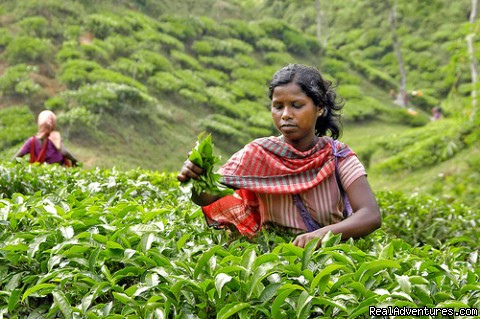
To transform the parched, arid Bangladeshi soil into a lush organic tea garden took dung. Tons of it. How to acquire the massive amounts needed was the sticky problem facing Kazi Anis Ahmed, the 41-year-old cofounder and president of Teatulia. After all, it was not exactly part of the doctoral thesis in comparative literature that he had completed at New York University.
The story of Teatulia, the only organic tea garden in Bangladesh, started in 2000. Ahmed’s father, Kazi Shahid, was preparing for his three sons to join the family business Gemcon Group, which at the time was focused on media and construction. It was Kazi Shahid who came up with the idea of expanding into tea in the northwest of the country, a mere 97 kilometers from India’s famed Darjeeling tea region. The little-known fact is that Bangladesh is one of the world’s 10 largest tea-growing locations. But with no international reputation, all the tea is consumed within the country’s borders—and almost all the tea is grown in the east.
Ahmed loved the concept, though when he moved home after graduate school to run the company in 2004, his caveat was that the farming had to be organic. “At the time we started the garden,” he says, “no one took organic seriously. They said it was impossible. The traditional tea experts of Bangladesh told us tea in the northwest would not be quality.”
Still, the family only needed to produce adequate tea, as their major mission was to provide jobs to the region. They were convinced they could make it work. Purchasing 1,215 hectares of desert-like land in Tetulia (the tea’s name is a nod to the region), on the wrong side of the country for tea, where annual income per family is a mere $800 and there is a constant threat of seasonal famine, they started the Kazi & Kazi Tea Estate. They circumvented the lack of regional tea expertise by bringing in consultants to train staff and farmers, with an eye toward self-reliance.
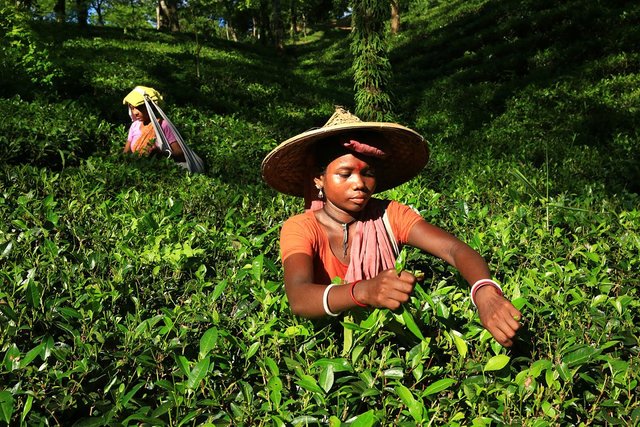
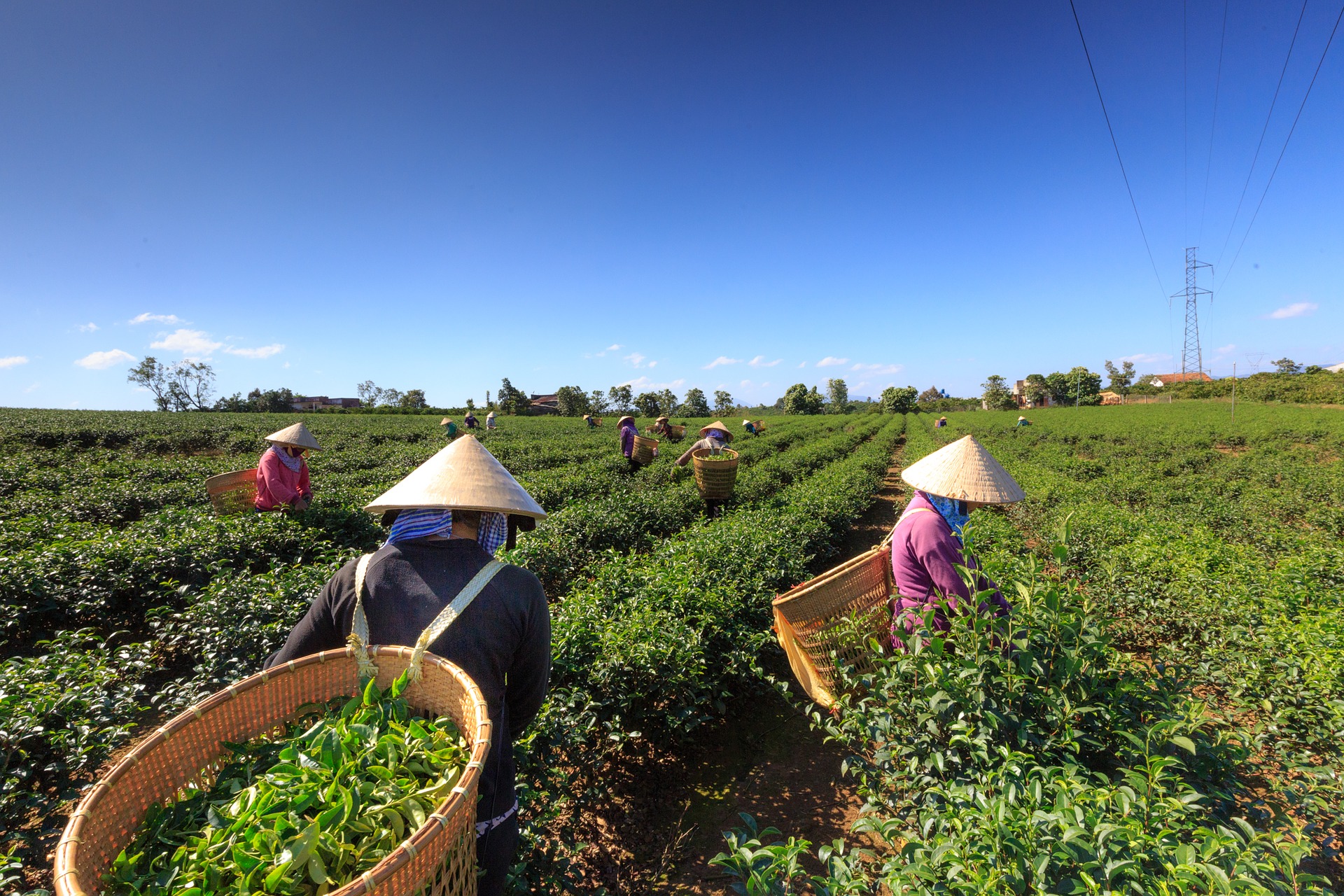
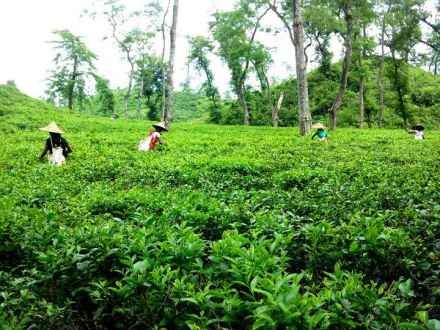
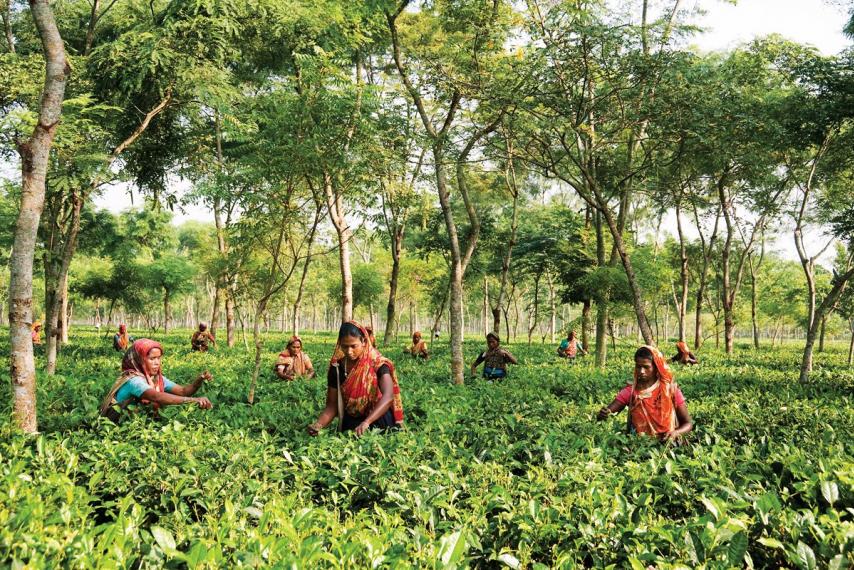
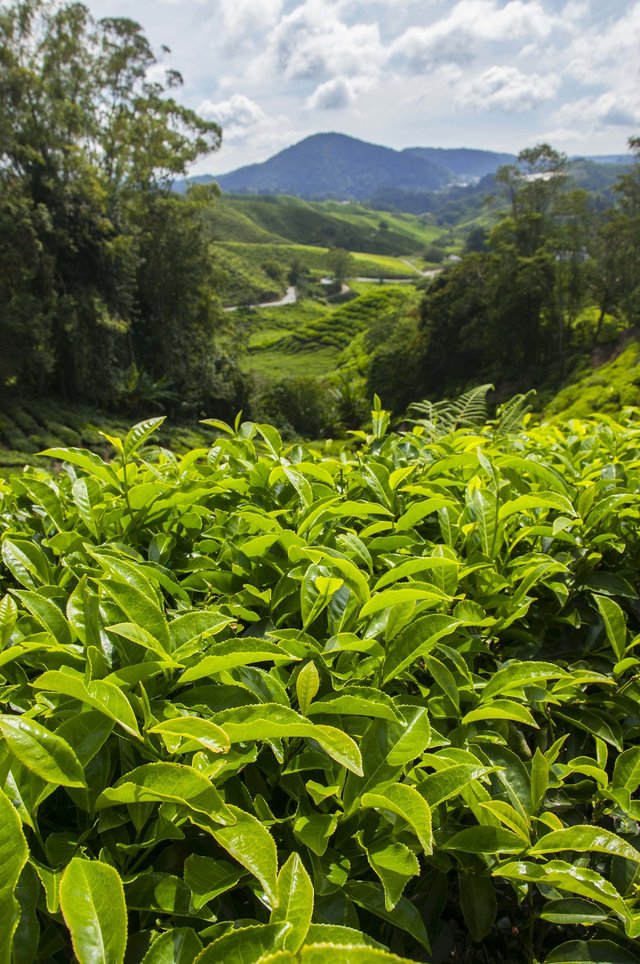
I began my formal education with expulsion from preschool.
I redeemed myself by succeeding in primary school, phew. While primary school graduation is essentially a universal achievement in Canada, some Bangladeshi children face many barriers to reaching even this level of education.
Aga Khan Foundation Bangladesh (AKFB), among others, has found that a key influencer of early childhood development and school readiness is pre-primary education. AKFB is therefore working to increase the capacity of local organizations to deliver quality early childhood development programs. I admire AKFB for prioritizing local ownership by supporting organizations that are most familiar with – indeed often a part of – the communities in which they work.
As an AKFC International Youth Fellow, I visit preschools in rural Sylhet’s tea gardens (six hours north of my home in Dhaka) to learn how the program has impacted these communities.
Tea gardens are armies of perfectly uniform tea bushes marching in neat green rows up and down manicured hills. Their name and appearance evoke Alice in Wonderland’s rose gardens and tea parties. But instead of the Red Queen, ‘authorities’ own them. I thought authorities must mean some level of government, but they are the private tea garden owners whose authority over local communities rests on their power as the primary employer in a very poor region (tea garden labourers earn about 4000 taka, or $50, a month).
I visit preschools operated by NGO Prochesta (which means “to endeavour” in Bengali) for the children of tea garden labourers.
At first glance, early childhood development projects in Bangladesh appear relatively uncontroversial. Would anyone argue that children do not deserve care, play, and the best chance at bright futures?
When I probe for the controversial aspects of the projects, I am shocked by one answer. Initially, the tea garden authorities did not want their labourers’ children educated because they wanted a future supply of unskilled labour. The authorities came around to “allowing” the preschools in order to demonstrate good corporate social responsibility.
I arrive at one preschool with another Fellow, Raafi. Watched by a tawny cow tethered to a tree in the yard, we slip off our sandals and step into the brick room. Immediately 20 children ages five and six pop up and chorus “assalam walaikum,” hands palm up against their foreheads in salute. We respond “walaikum assalam” and sit cross-legged on the bright orange tarp that covers the floor.
The children are learning to count – ak, dui, teen, chaar, paach, choy, shaat, aat, noy, dosh – each number accompanied by a gesture.
By the end of the lesson, Raafi can count to dosh just like a five-year-old. I cannot, preschool not being my specialty.

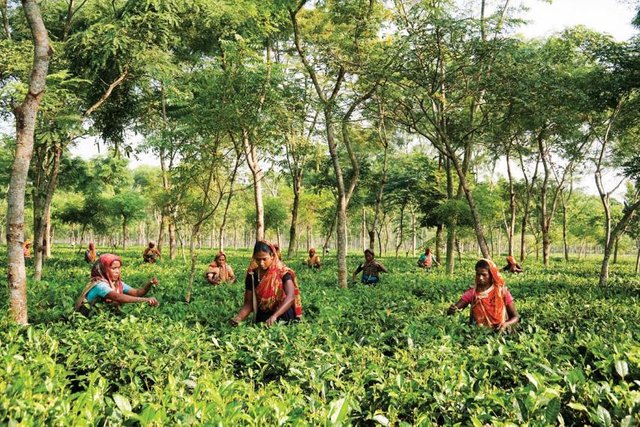
If you like my post please dont forget to an upvote.
PLEASE VOTE FOR OUR GREAT WITNESSESS TO THIS LINK
https://steemit.com/~witnesses
https://steemit.com/~witnesses
https://steemit.com/~witnesses
Follow me@suger@suger@suger@

Very nice post and great article
thank you vary much
Will you follow me? 😊 @a-0-0
Get your post resteemed over 90000+ followers and get upto $21+ SBD value Upvote.
Your post will skyrocket and give you maximum exposer.
<< Our Pakages >>
GET FREE 1000 FOLLOWERS AND 30 UPVOTES - Just To Test Our Service Quality
VISIT MY PROFILE TO GET THE SITE LINK
WARNING - The message you received from @afiatdiu is a CONFIRMED SCAM!
DO NOT FOLLOW any instruction and DO NOT CLICK on any link in the comment!
For more information, read this post:
https://steemit.com/steemit/@arcange/phishing-reported-scammers-use-account-s-profile
https://steemit.com/steemit/@arcange/phishing-site-reported-postupper-dot-ml
Please consider to upvote this warning or to vote for my witness if you find my work to protect you and the community valuable. Your support is really appreciated!